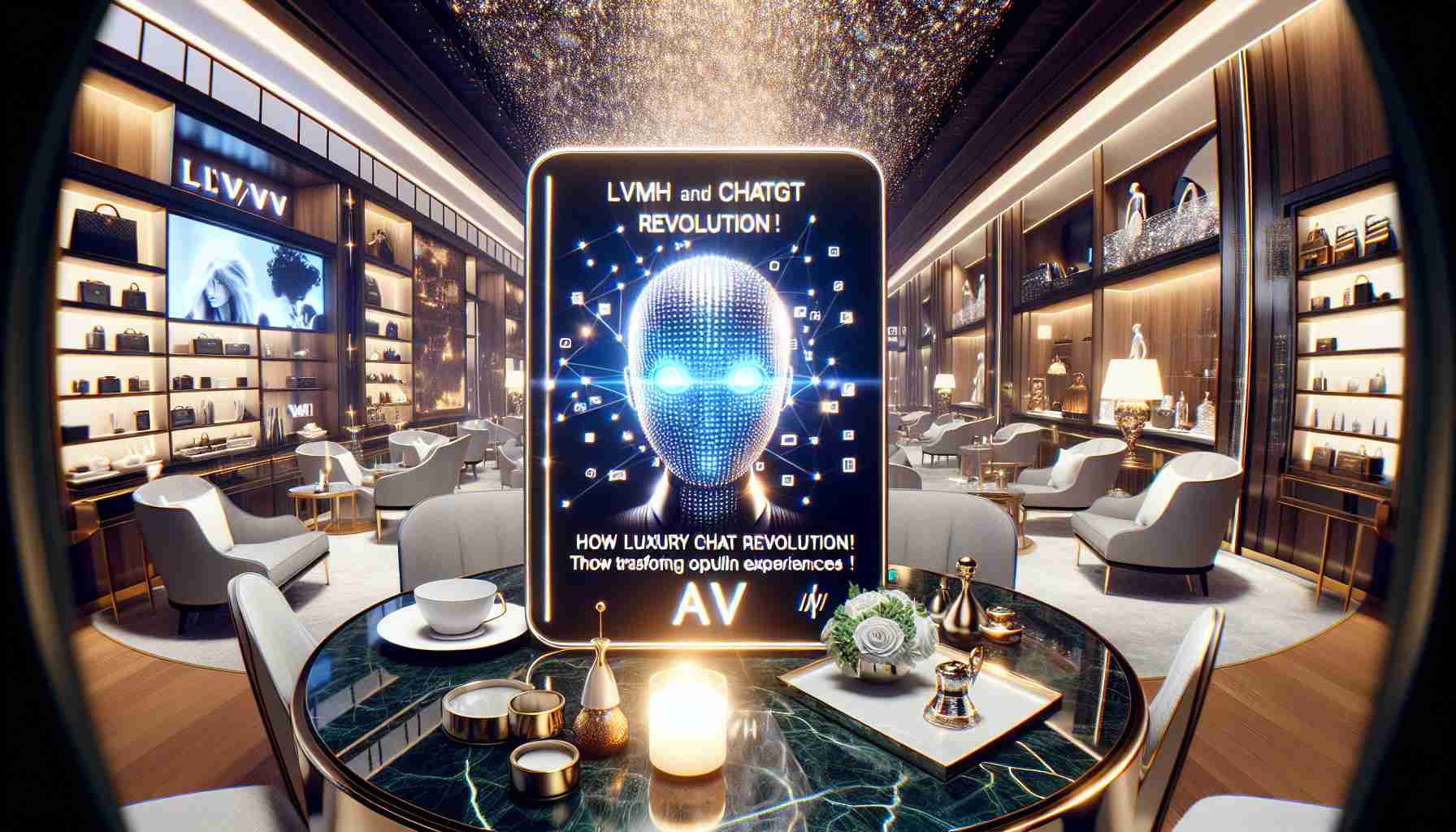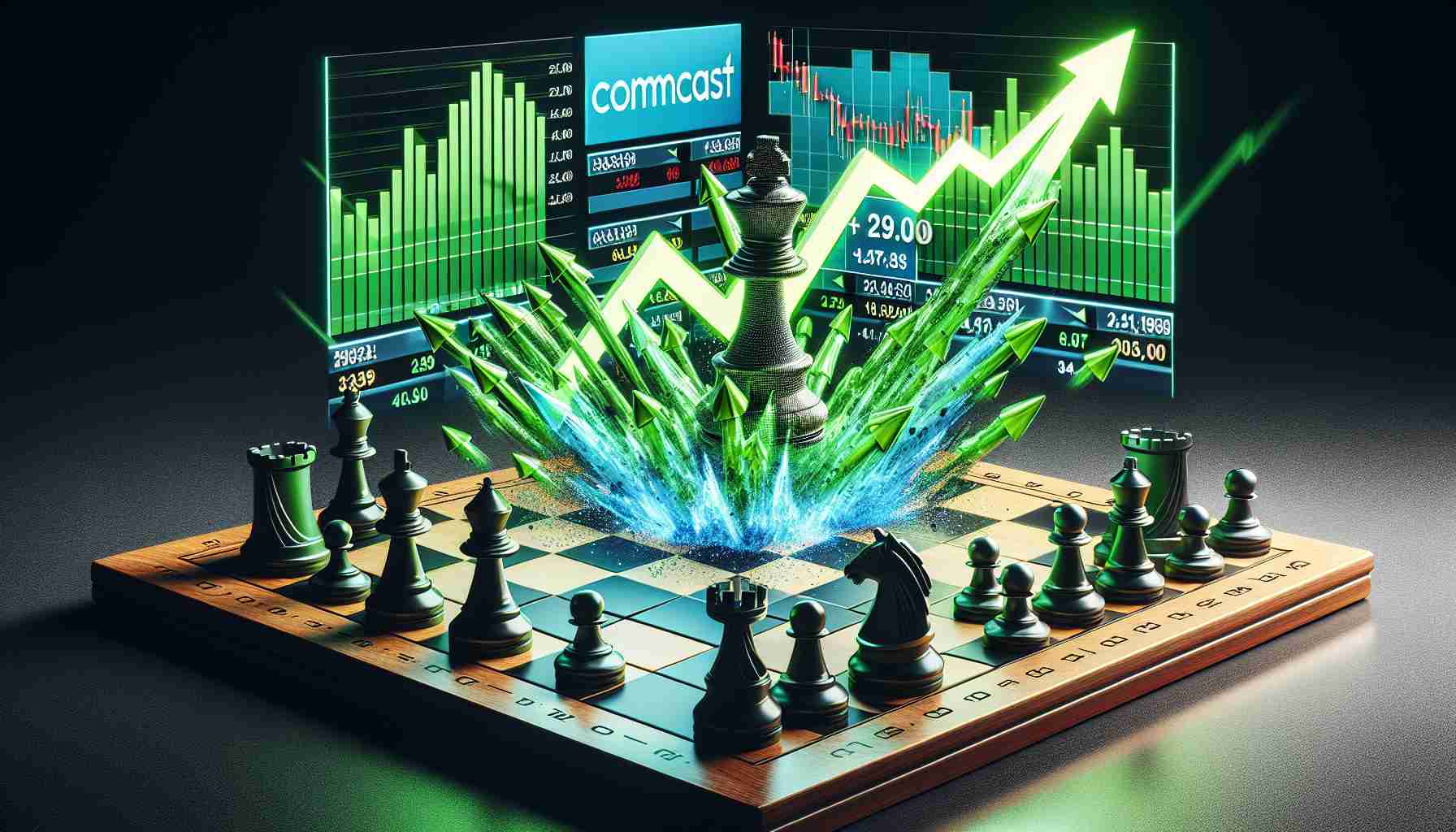LVMH Moët Hennessy Louis Vuitton, the world-renowned luxury goods conglomerate, is stepping into the future of customer engagement with the incorporation of ChatGPT, a powerful AI language model. This groundbreaking move is set to revolutionize the interaction between consumers and luxury brands, offering personalized experiences like never before.
Enhancing Customer Service
LVMH aims to elevate customer service standards by implementing ChatGPT as a virtual concierge across its extensive portfolio, which includes esteemed brands like Louis Vuitton, Dior, and Fendi. By leveraging AI technology, the company can provide instant, round-the-clock assistance to customers, tailored to their unique preferences and needs. This digital transformation promises to offer luxury buyers immediate responses to inquiries about product availability, care instructions, and store locations.
Personalized Recommendations
The integration of ChatGPT also introduces the potential for hyper-personalized shopping suggestions. By analyzing user data and interactions, the AI can curate highly personalized recommendations, ensuring customers discover products that resonate with their individual style and taste. This level of bespoke service harkens back to the personal shopper experience, elevated through digital means.
Redefining Luxury in the Digital Age
LVMH’s venture into AI-driven customer engagement represents a fusion of tradition and technology. While maintaining its opulent heritage, the conglomerate is embracing a future where luxury is not just about the product but also the experience. As AI continues to evolve, the luxury sector may witness a shift in how brands connect, create, and converse with their customers, offering unparalleled levels of service and satisfaction.
How Artificial Intelligence is Transforming Luxury: The Untold Impacts on Society
The integration of ChatGPT by LVMH not only revolutionizes customer service and personalization but raises profound questions about the broader impacts on society, communities, and economies. How does this blend of artificial intelligence and luxury alter the landscape beyond fashion boutiques?
Impact on Employment
While AI technologies, like ChatGPT, enhance customer experience, they potentially threaten roles traditionally filled by humans. In retail environments that prioritize personal interaction, sales professionals might find their positions redefined or diminished. However, this technological shift also opens doors to new roles focusing on AI maintenance and data analysis.
Accessibility vs. Exclusivity
LVMH’s AI integration paradoxically democratizes luxury access while reaffirming exclusivity. On one hand, around-the-clock AI assistance transforms luxury shopping into a more approachable experience. On the other, technology could heighten exclusivity by offering personalized services to select clientele who prefer bespoke interactions.
The Privacy Debate
Personalized recommendations hinge on data collection, sparking controversy over consumer privacy. How much should consumers reveal for tailored experiences? As brands like LVMH gather more data, the balance between personalization and privacy echoes across the digital landscape, raising ethical questions.
Cultural Reflections
Incorporating AI into high-end fashion alters cultural perceptions of luxury. Traditionally, craftsmanship and personal touch defined opulence. Now, technology plays a pivotal role in shaping modern luxury, reflecting broader societal shifts toward digital dominance.
While the advantages of AI in luxury include efficiency and personalization, possible downsides like job displacement and privacy concerns must be addressed. In observing these changes, it becomes essential to weigh technological progress against its social implications.
Explore more on AI in luxury at LVMH and the changing dynamics with technology at Forbes.





















